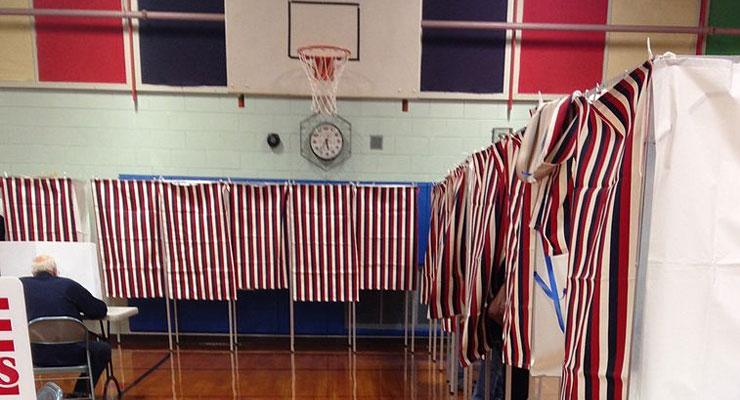
Political parties are built in partisanship and partisanship is natural for humans. We seek out and align ourselves with others who share our views. Through them, we hone our ideas and gain courage from the knowledge that we are not alone in our beliefs. Partisanship gives breadth, depth and volume to our voice. In and of itself, partisanship is not only inevitable, it is healthy.
On the other hand, partisans have a penchant for denigrating those who think differently, often without considering the salient parts of opposing points of view. They seek the power to impose their views on those who don’t share them, while overlooking their own shortcomings. Communism and National Socialism showed these tendencies. Both had features that attracted broad public support throughout a national expanse and both degenerated into destructive forces because their partisans gained control of their governments.
The danger in Communism and National Socialism was not that they attracted partisan support; it was that the partisans gained control of government. In general, partisanship is healthy when it helps give voice to our views. It is destructive when it achieves power. All ideologies, whether of the right or the left, differ from Communism and National Socialism only in the extent to which their partisans are able to impose their biases on the public.
Partisanship is a vital part of society – provided it is always a voice and never a power. The danger is not in partisanship, it is in allowing partisans to control government.
The question, then, is how do we accommodate partisanship in our political infrastructure, without allowing parties to control the process?
The answer is by ensuring that people of differing points of view have an opportunity to discuss public issues among themselves, with a purpose. They must know that their decisions will affect the outcome of the political process.
We have long known that deliberation in small groups raises the knowledge level of the participants and their satisfaction with the results of their deliberations. We can use this knowledge to accommodate every partisan view.
When we divide the electorate into small groups, starting with neighbors, and invite them decide what issues must be addressed and who is best qualified to resolve them, we create an environment in which the people choose their leaders from among themselves. Repeating the process by arranging the chosen individuals in new groups quickly reduces the number of participants.
Random selection of group members will produce innumerable arrangements of gender, religion, race, and political persuasion. We cannot guess what the groups will discuss, but we know one thing with certainty: When a group advances one of its members, the members have agreed on the issues that most concern them and the person best able to address and resolve those issues.
When those chosen meet with the choices of other groups, they will discuss their concerns as well as those brought up by their new group-mates. In the course of the discussions, some issues will be judged to have greater effect on the community than others. The important thing, throughout the process, is not what issues the groups discuss, it is that individuals advance because their peers agree with them. The result is a political system built on agreement rather than confrontation.
Partisanship is a healthy part of society. We need to accommodate it in our political infrastructure by letting the people work out their differences in a way that benefits the entire community.
Corruption says
Brought to you by the DNC and RNC.